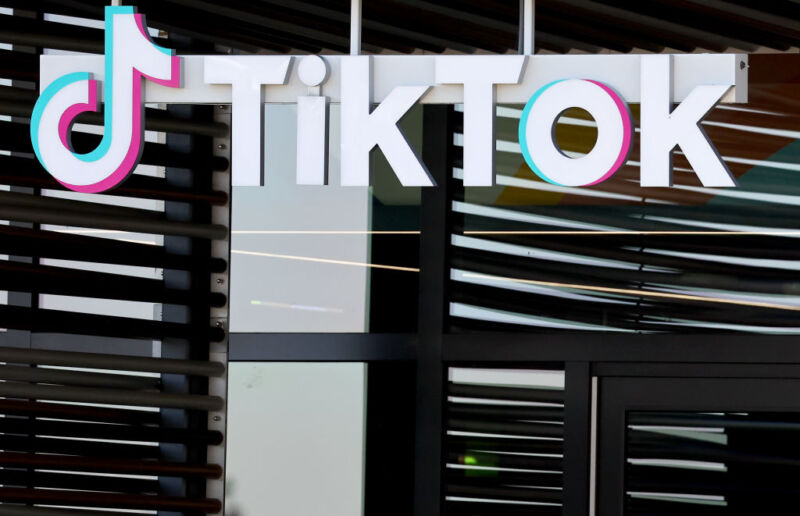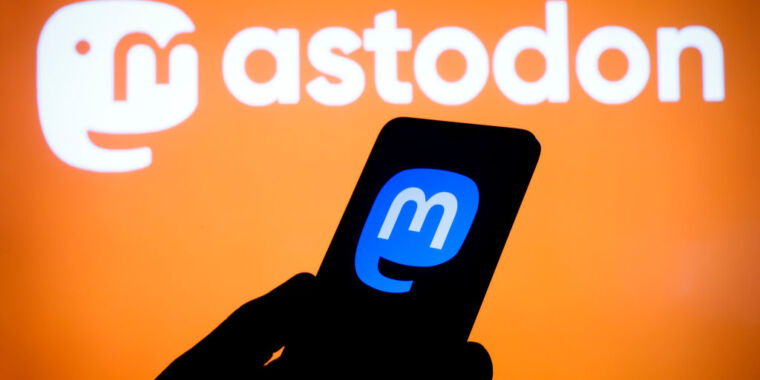
China-owned TikTok’s been living rent-free in many American lawmakers’ minds all year. Some lawmakers—who have been monitoring US tensions with China and coping with growing concerns that TikTok in its current form shouldn’t be trusted with millions of Americans’ data—reached a breaking point this December. In the past few weeks, many state and federal agencies introduced and passed various laws, campaigning hard to remove the popular short-video app from US devices.
It looks like the US could end up following through on Donald Trump’s thwarted 2020 plan to ban TikTok nationwide.
Possibly the only thing potentially keeping TikTok operating in the US has been an elusive deal that President Joe Biden’s administration is discussing with TikTok—a deal that just days ago, The New York Times reported, included terms that were “unlikely to satisfy anyone.” Now, Reuters has released an exclusive report, revealing new details about the terms of Biden’s deal and providing the first glimmer of hope for Americans increasingly worried that their TikTok access might soon be revoked.
According to people familiar with the Biden-TikTok deal—which includes the Committee on Foreign Investment in the United States (CFIUS), as well as Treasury and Justice Department officials—TikTok has already invested $1.5 billion into reorganization and hiring efforts to set up Oracle Corp to take over management of TikTok user data in the US. This plan was already in motion following a divestment agreement TikTok previously made with CFIUS under Trump.
But now TikTok has apparently agreed to provide even more US oversight during talks this summer with the CFIUS. TikTok hopes these new concessions will alleviate lawmaker concerns over how American user data is managed and how Americans use the app.
In addition to protecting user data and overseeing content moderation for US users, Reuters’ report confirmed that Oracle will now be reviewing app and server codes. This is TikTok’s way of granting Oracle even more oversight regarding monitoring updates to TikTok’s design and user interface, as well as its search and recommendation tools. Building out TikTok’s United States Data Security (USDS) division, TikTok will open its first “transparency center” in Maryland in January, providing a destination for Oracle engineers charged with overseeing TikTok’s US operations. TikTok is also hiring independent auditors and monitors to report on TikTok US operations directly to CFIUS, reportedly hoping to identify qualified candidates by mid-January.
Another key concern for lawmakers involves Chinese laws that require Chinese companies to share data with the government. Some lawmakers see this as a deal-breaker, and the only acceptable solution is TikTok’s sale to an owner that’s not based in a country considered a foreign adversary to the US. Sources told Reuters that TikTok owner ByteDance offered the US another option for consideration to alleviate this perhaps most pressing concern.
Instead of selling the company, ByteDance suggested setting up an independent, three-member “proxy” board to “run the USDS division independent of ByteDance.” To appoint board members, CFIUS would conduct screening, the US would control who’s appointed, and ByteDance’s only involvement would be paying for it all.
Until the deal is finished, Reuters reported that ByteDance has recommended that a former US Secret Service agent, Andrew Bonillo, should head the USDS division. According to Bonillo’s LinkedIn profile, he worked for the Secret Service from 2000 to 2010, then had a brief stint as an academic lecturer before turning to the tech sector for employment. Bonillo’s been with TikTok since 2021, serving as its interim general manager for US Data Security since May.
TikTok spokesperson Brooke Oberwetter told Ars that TikTok disputes nothing in Reuters’ report. Oracle could not immediately be reached for comment. The White House declined Reuters’ request to comment.
“The solution under consideration by CFIUS is a comprehensive package of measures with layers of government and independent oversight to address concerns about TikTok content recommendation and access to US user data—measures that go well beyond what any peer company is doing today,” Oberwetter told Ars.
Reuters’ report shows how far TikTok has been willing to go to ensure it doesn’t lose access to 100 million US-based users, but one source said it’s still unclear if Biden will reach a point when he’s ready to sign the deal. And the decision’s not solely up to him.
To close the deal, Biden would need consensus from various stakeholders across multiple government agencies. So far, the deal’s progress has been delayed while pressure has been mounting from at least a few Congress members to scrap Biden’s deal and go the easier route to end national security concerns—by blocking TikTok entirely.








